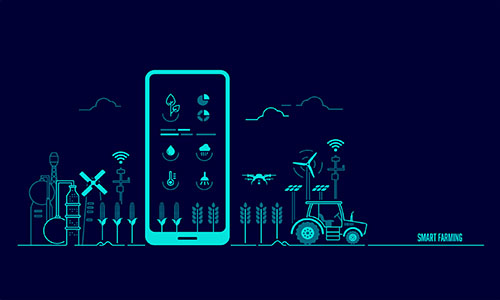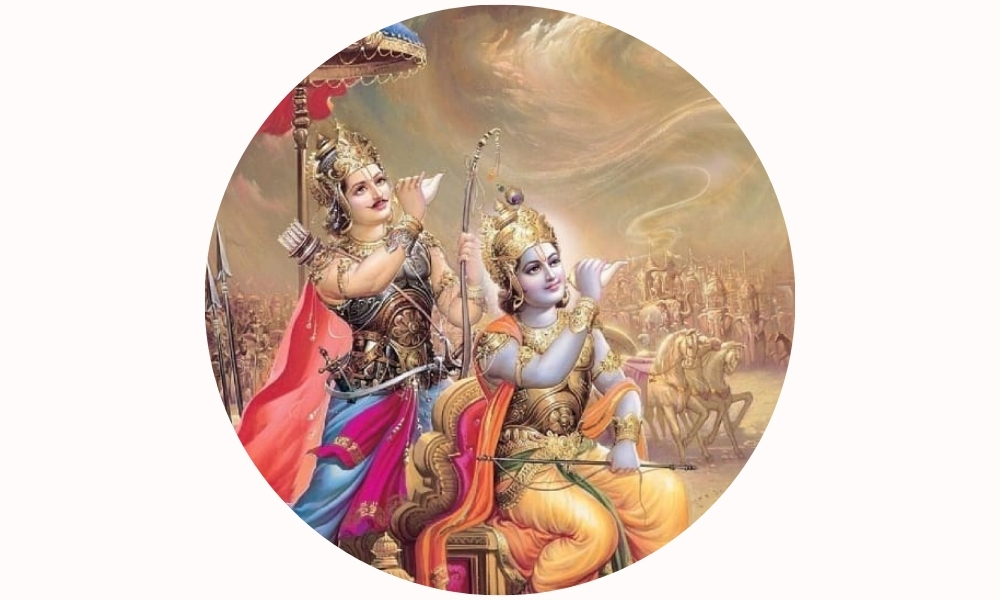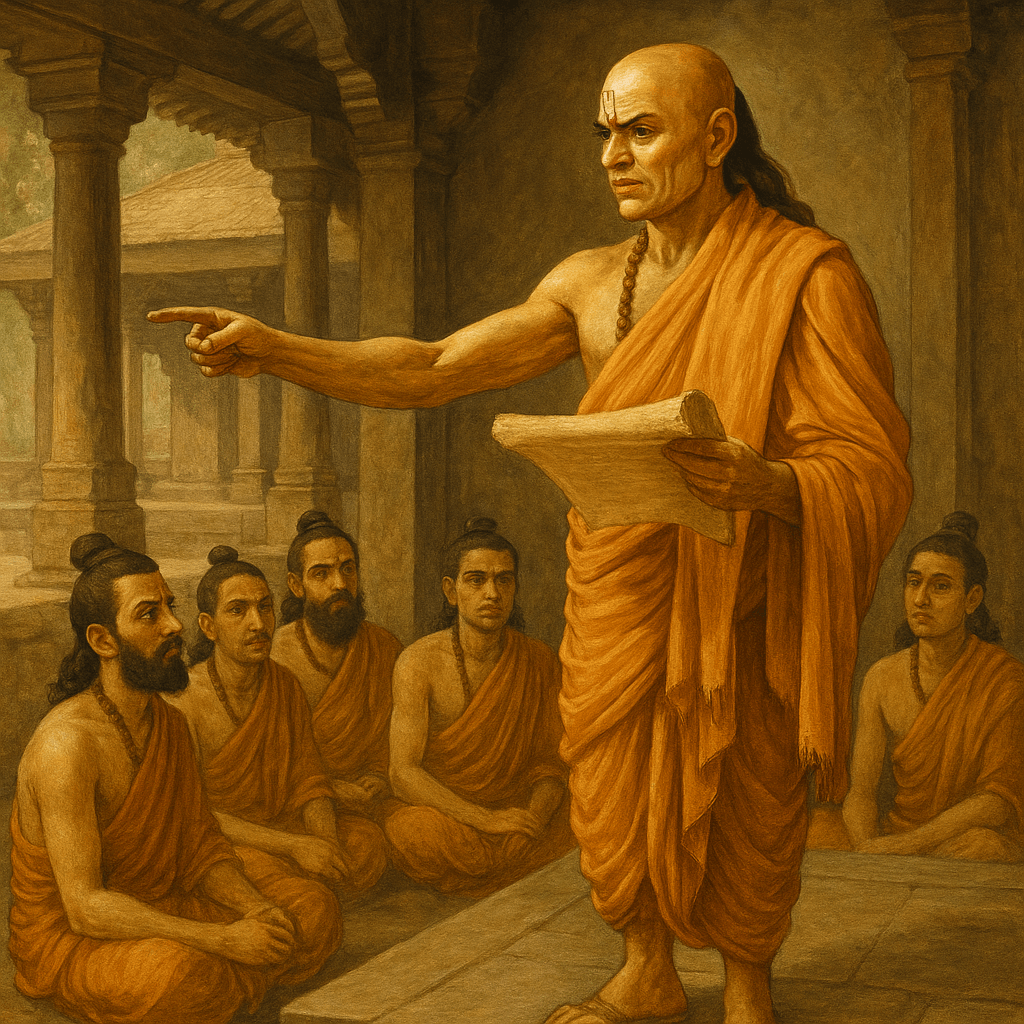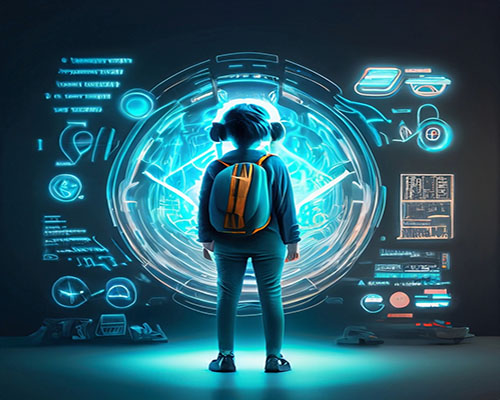The concept of the future has always been an intriguing topic for humans. As we progress and evolve as a species, we continue to speculate about what lies ahead for us. One of the most exciting aspects of imagining the future is contemplating the kind of content we will consume. In this article, we will explore the potential for futuristic content, including movies, video games, and literature.
Movies have always been a popular medium for exploring new worlds and experiences. In recent years, advances in technology have allowed filmmakers to create increasingly immersive and realistic visual effects. This trend is set to continue, with the development of new technologies like virtual and augmented reality. In the future, it is possible that we will see movies that blur the lines between the real and virtual worlds. Imagine a film where you can interact with the characters and the environment, where you can control the narrative and choose the outcome.
Video games are another medium that has seen rapid growth and evolution in recent years. The rise of esports and the popularity of online gaming has led to the development of increasingly sophisticated games. In the future, we can expect to see even more advanced games that allow us to fully immerse ourselves in new worlds and experiences. With the development of artificial intelligence, we may see games that are able to adapt and evolve based on the player’s actions, creating a truly personalized experience.
Literature is perhaps the most timeless form of storytelling. While the written word may not have the same visual impact as movies or video games, it has a unique ability to transport us to new worlds and allow us to explore complex ideas and concepts. In the future, we may see literature that incorporates interactive elements, such as choose-your-own-adventure stories or books that use augmented reality to bring the text to life. With the development of AI, we may also see books that are able to adapt to the reader’s preferences and reading habits, creating a personalized experience.
In addition to these traditional forms of media, we may also see the emergence of entirely new forms of content in the future. For example, advances in robotics and artificial intelligence may lead to the development of interactive robots that can tell stories or create art. We may also see the rise of virtual influencers, where computer-generated characters become the face of brands and products.
Of course, the potential for futuristic content is not without its challenges. As we rely more heavily on technology to create and consume content, we must also grapple with issues of privacy, security, and ethics. Additionally, as we create more sophisticated forms of content, we may face a digital divide between those who have access to the latest technology and those who do not.
Despite these challenges, the future of content is an exciting and rapidly evolving field. Whether we are watching a movie, playing a video game, or reading a book, the potential for immersive and personalized experiences is greater than ever before. As we continue to push the boundaries of what is possible, we can look forward to a future filled with new and exciting forms of content.










